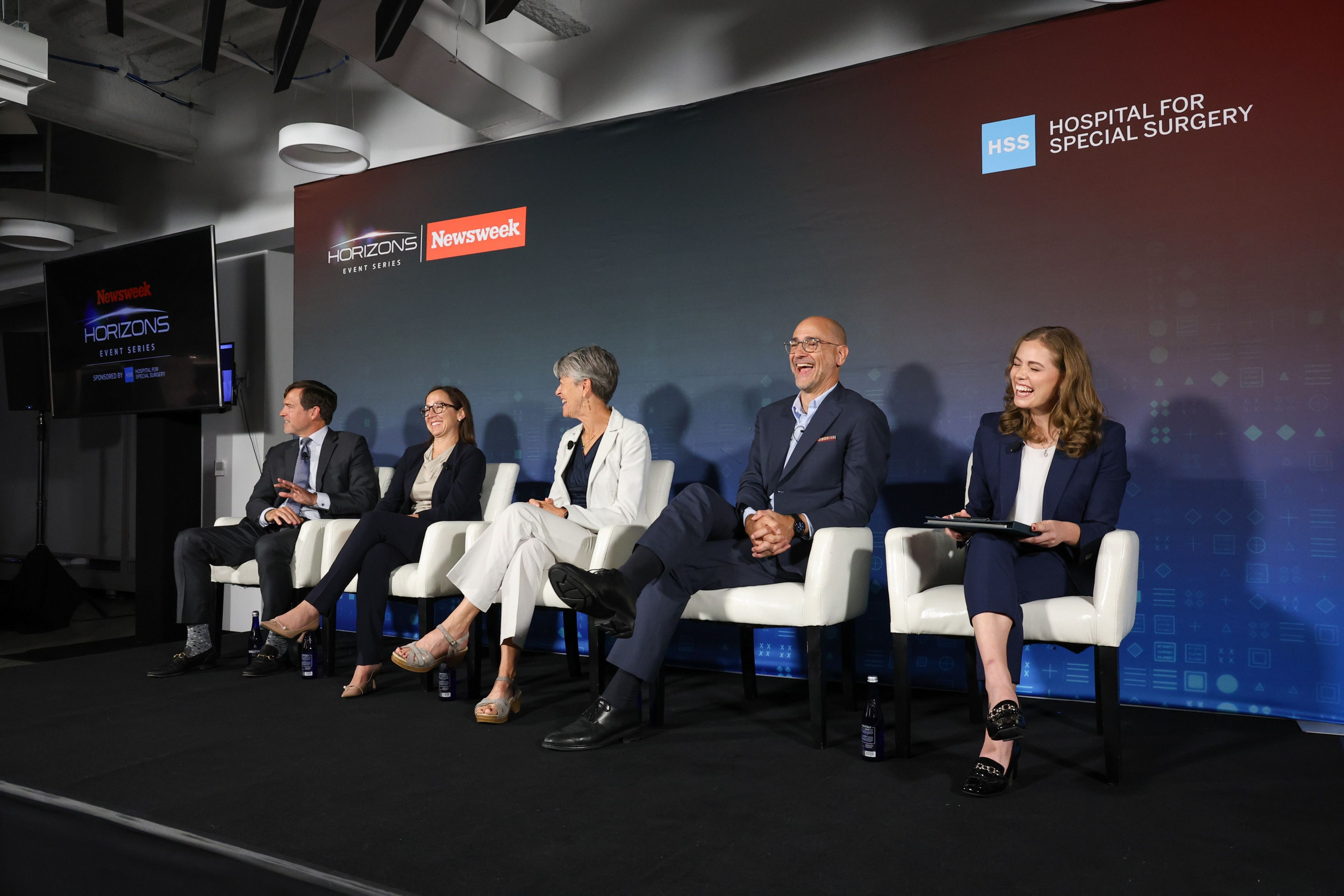Artificial intelligence is touted as a game-changer for healthcare professionals, but skepticism lingers—after all, technology is not new to the field. The introduction of electronic health records (EHRs) promised to ease doctors’ workloads by digitizing patient histories and eliminating cumbersome notes. However, as Dr. Pete Clardy, senior clinical specialist at Google Health, highlights, this has led to an overwhelming amount of data that’s not always easy to navigate.
Over the last two decades, health and wellness data has exploded, but it often suffers from fragmentation. Information is scattered across various platforms and formats, complicating physicians’ ability to sift through it efficiently.

While AI tools are emerging to help organize and summarize this data, Clardy points out that the healthcare sector can be slow to embrace these innovations for two main reasons. First, there’s a significant risk involved in integrating new technology into patient care. Second, doctors often operate in high-pressured environments, meaning any disruption to their workflow is met with resistance, even if the change could ultimately improve efficiency.
A key challenge is that EHR systems and clinicians think differently. EHRs categorize data by type, whereas doctors prefer information organized around specific conditions. Addressing this mismatch will be crucial for AI’s successful integration.

Clardy suggests that AI developers concentrate on clear objectives to avoid complicating existing workflows. Without specific targets, AI could unintentionally transition from being a useful organizational tool to a medical device, which would bring its own set of challenges.
Looking back at the EHR introduction, Sinsky of the American Medical Association warns that history may repeat itself with AI. The initial excitement surrounding EHRs led to a lull in addressing fundamental systemic issues in healthcare, as the industry hoped technology could be a catch-all solution.

Sinsky anticipates that the same complacency may rise with AI, potentially sidelining critical existing problems, like the inundation of doctors’ inboxes, under the hope that AI will resolve these issues. “Technology isn’t always the solution to problems created by or linked to other technologies,” he cautions.
For a deeper dive into AI’s potential impact on doctor burnout, check out more here.
